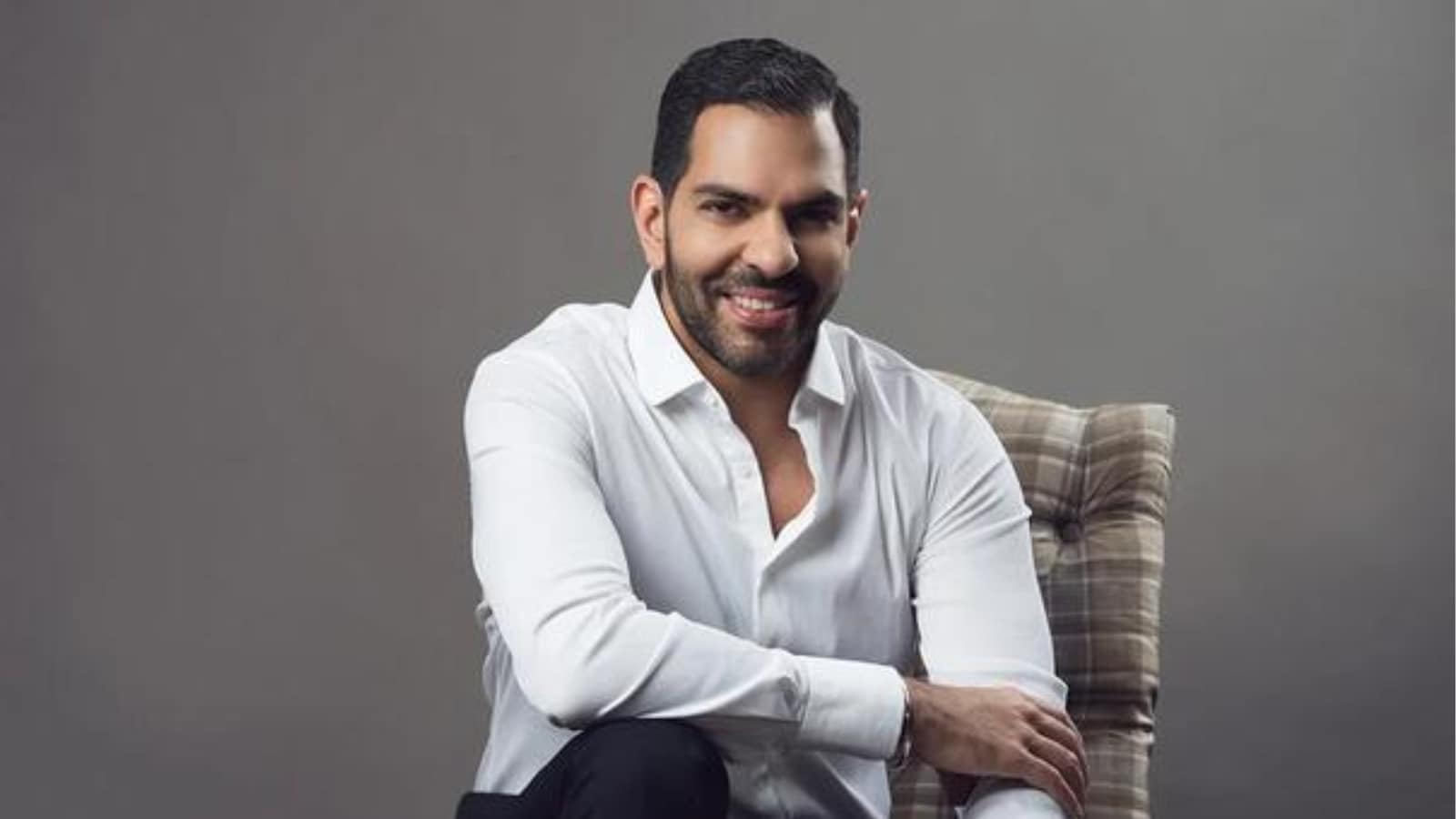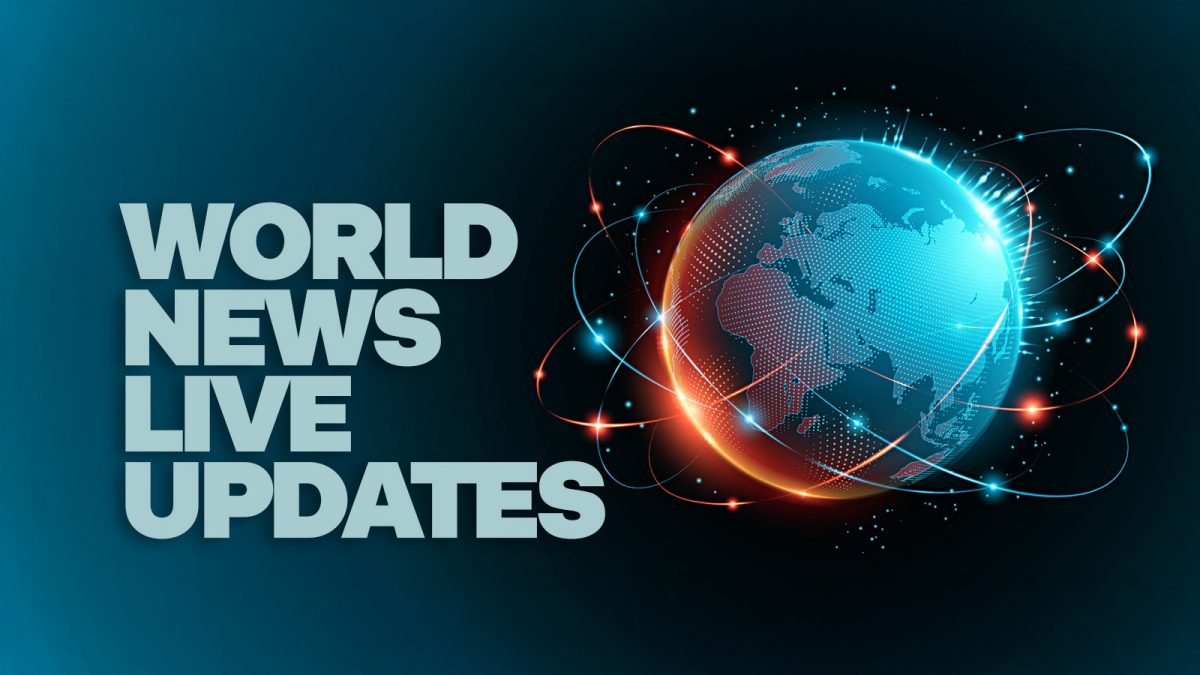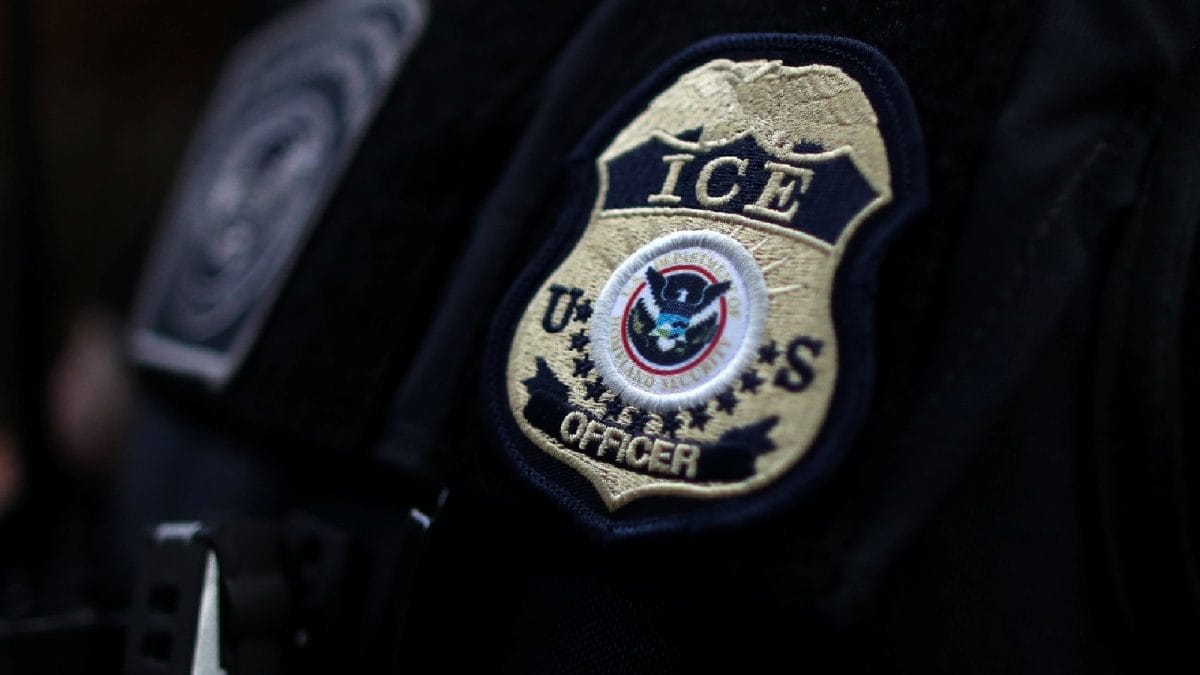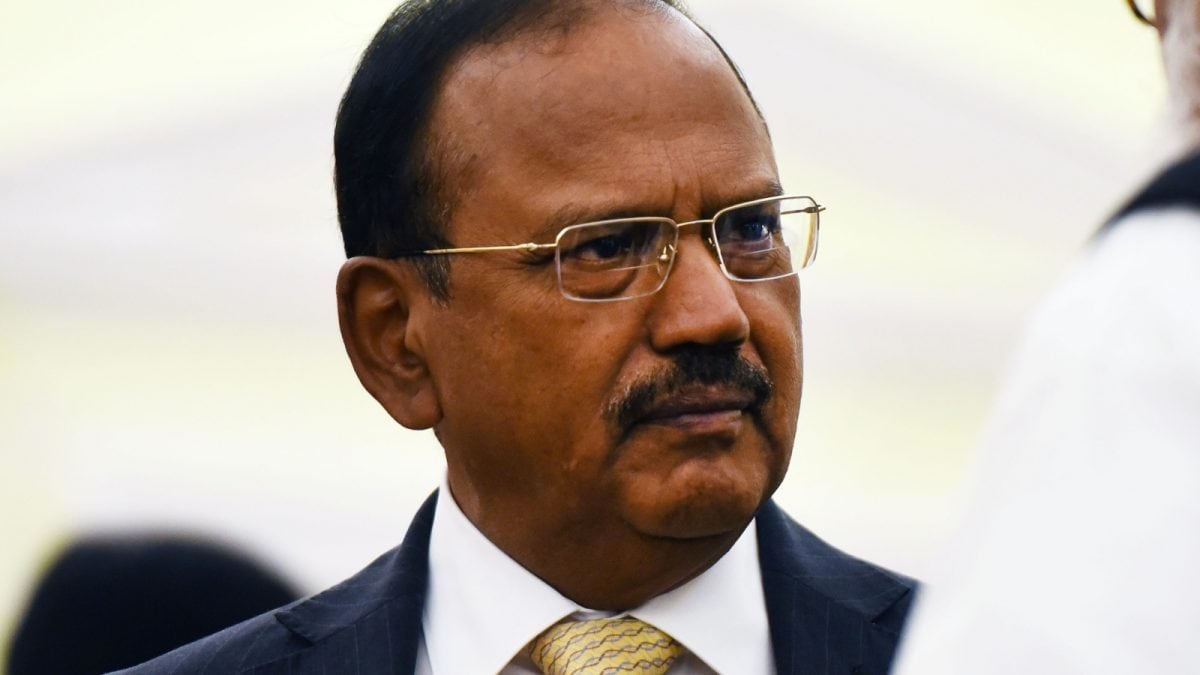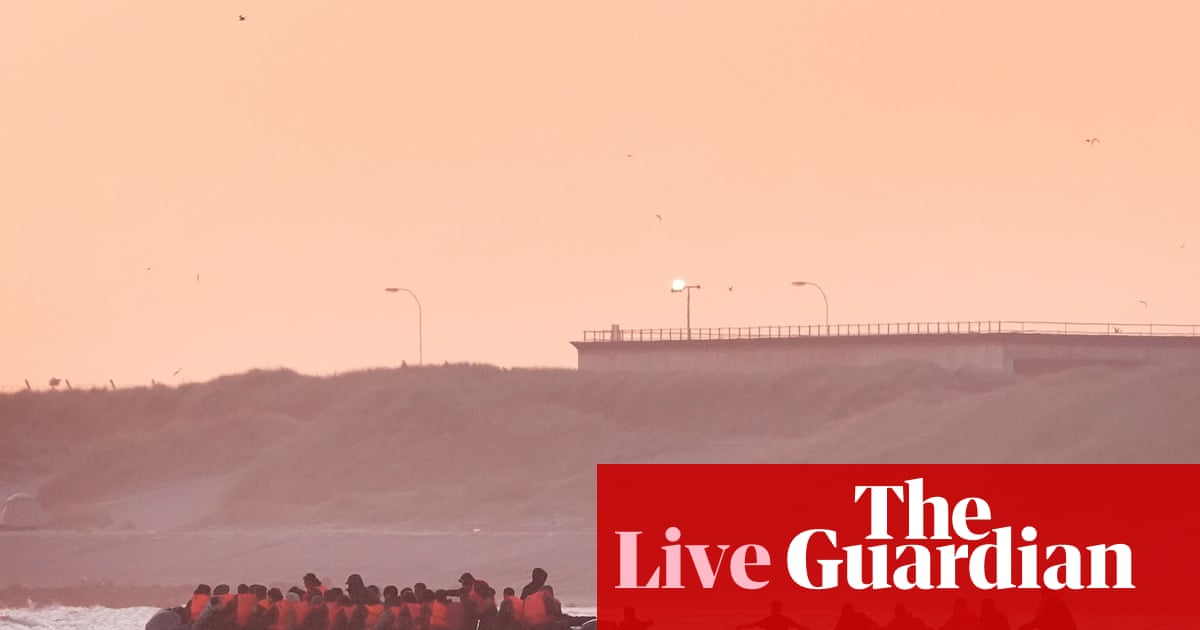Israeli Prime Minister Benjamin Netanyahu believes killing Iran's Supreme Leader Ayatollah Ali Khamenei would "end the conflict". Here's a look at the frontrunners and the secretive selection process that could decide Iran's fate.

Benjamin Netanyahu said killing Iran's Supreme Leader Ayatollah Ali Khamenei would “end the conflict” between Israel and Iran.
Iran's Supreme Leader Ayatollah Ali Khamenei now finds himself increasingly isolated, caught at the centre of a high-stakes conflict and growing threats to both his life and leadership.
In a recent interview with ABC News, Israeli Prime Minister Benjamin Netanyahu suggested that killing Khamenei could bring an end to the long-standing hostility between Israel and Iran. Just a day later, Israel’s Defence Minister, Israel Katz, issued a more direct warning, saying Khamenei could meet the same fate as former Iraqi leader Saddam Hussein.
Talk of a post-Khamenei Iran has intensified in recent days, especially after former US President Donald Trump reportedly blocked an Israeli plan to assassinate the Iranian leader. Defending the plan in his interview, Netanyahu argued that such a move would not escalate tensions, but rather "end the conflict".
MEET IRAN'S PROBABLE FRONTRUNNERS
Amongst the likely successors, Mojtaba Khamenei, the Supreme Leader’s second son, stands out as a top contender. Born in 1969, Mojtaba has deep ties to both the Islamic Revolutionary Guard Corps (IRGC) and Iran’s clerical establishment. He served in the final phase of the Iran-Iraq war and is now a mid-ranking cleric with strong influence behind the scenes.
Another prominent name is Alireza Arafi, a trusted aide of Khamenei. Arafi holds several key positions, including deputy chairman of the Assembly of Experts, member of the Guardian Council, and Friday prayer leader in Qom. His extensive credentials within Iran’s power structure make him a serious candidate for succession.
Ali Asghar Hejazi, who oversees political security affairs at the Supreme Leader’s office, is also in the mix. Known for his behind-the-scenes influence, Hejazi has long been involved in Iran’s intelligence apparatus and plays a key role in strategic decision-making.
Gholam Hossein Mohseni Ejei, who has spent decades in the judiciary and intelligence circles, is another potential successor. He previously served as Iran’s intelligence minister under President Mahmoud Ahmadinejad and has held various senior legal posts, including attorney general and judiciary spokesperson.
Other possible contenders include Mohammad Golpayegani, the long-serving chief of Khamenei’s office; former foreign ministers Ali Akbar Velayati and Kamal Kharazi; and former parliament speaker Ali Larijani. All are seasoned insiders with deep experience in both domestic governance and foreign affairs, particularly the nuclear negotiations.
They are all trusted confidants on diplomatic and domestic policies and in issues such as the nuclear dispute. But their relationship with
HOW WILL IRAN SELECT NEXT AYATOLLAH?
Once the Supreme leader of Iran is dead, unfit, or has resigned, the Assembly of Experts is convened to select a successor to fill the vacuum in the leadership. The Assembly is composed of senior clerics elected by the public but vetted by the Guardian Council of Iran. It’s a body of 88 members who serve eight-year terms. They meet in a closed session to nominate and vote on candidates in a secretive process with nearly zero public transparency.
They discuss and assess each candidate’s religious credentials, political loyalty, and ability to maintain regime stability. A simple majority of at least 45 of 88 votes is required to appoint the new Supreme Leader. The Assembly seeks consensus to avoid factional disputes.
AYATOLLAH ALI KHAMENEI AND HIS RULE OF IRAN
The man in question, the supreme leader of Iran, Khamenei, came to power, succeeding Ayatollah Ruhollah Khomeini in 1989. For more than two and a half decades, Iran has been ruled with iron fists by him. Ayatollah Ali Khamenei is the ultimate authority over Iran’s judiciary, armed forces, state media, and key institutions like the Guardian Council and Expediency Discernment Council. His words are law for Iran.
And he doesn’t trust the West, especially the United States of America. Khamenei has accused the US of seeking regime change.
He directed his country to engage with America when Donald Trump came back to the Oval Office in January this year. But he also warned on 12th March, saying, "In negotiations, one must be certain that the other party will honour their commitments. When we know they won’t follow through, what is the point of negotiating? Therefore, the invitation to negotiate and the expression of willingness to do so is merely a deception of public opinion."
Iran came back to the negotiation table, and on 15th June there was another round of talks over its nuclear capability that was supposed to take place. It got derailed as Israel started raining missiles targeting Iran’s nuclear facilities on 13th June.
June 2025 has brought the focus back on Ayatollah Ali Khamenei’s survival and the broader question of his successor in case he is eliminated like his other close aides in this war with Israel.
Published By:
Atul Mishra
Published On:
Jun 18, 2025

 1 month ago
1 month ago


